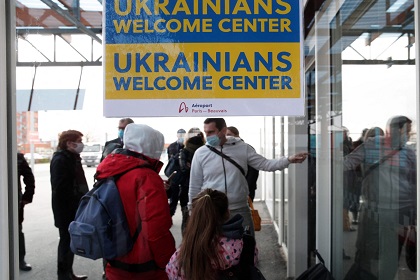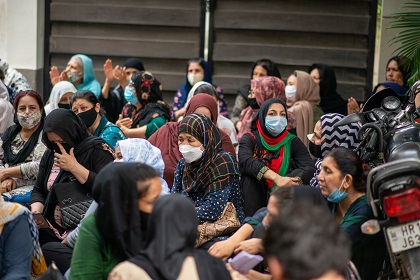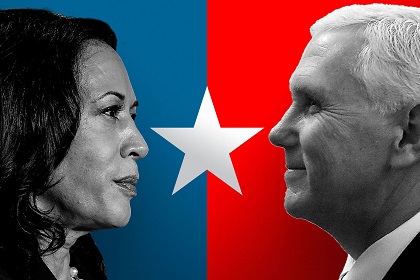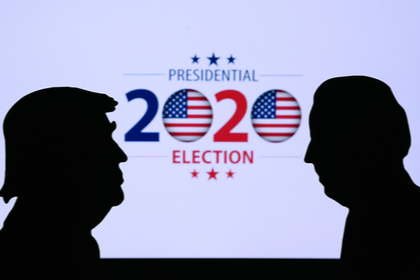Ukrainian refugees: EU rhetoric or paradigm shift
The unprecedented consensus within the EU in accepting Ukrainian refugees presents it as a global humanitarian power. But is this truly a ‘paradigm shift’ or is it a continuation of the West European Cold War strategy, based on a moral high ground narrative, of accepting people who had fled the ‘evil and undemocratic’ Soviet-bloc countries during and after World War II?










